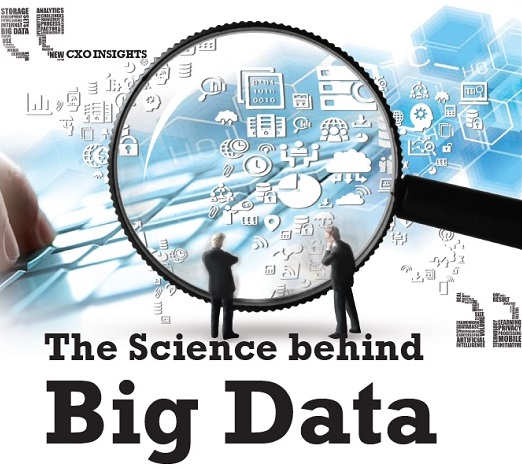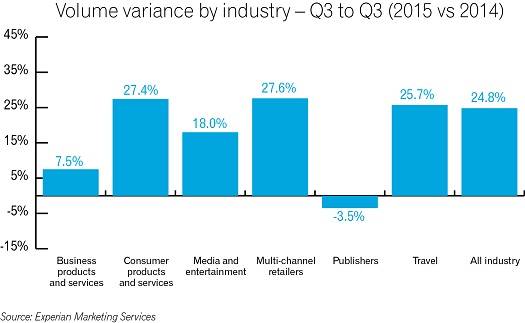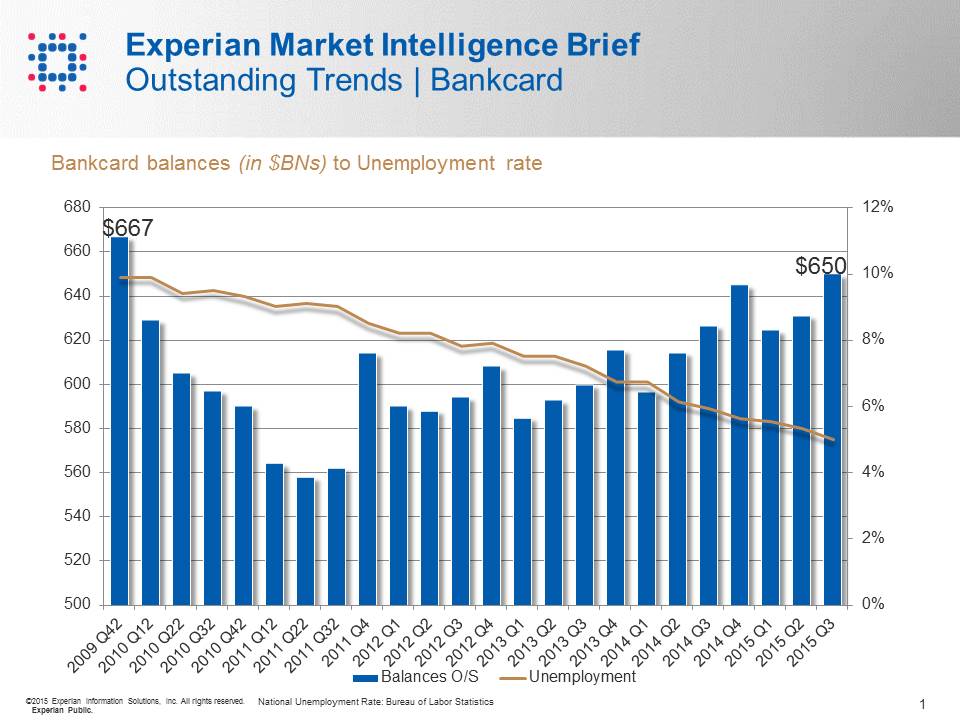All posts by Editor

2,500 university students across 16 cities have been trained by Experian's experts and young volunteers of the social responsibility project ‘Manage Your Future Now’ project. The project, which was launched by Experian to promote self-improvement among university students, female entrepreneurs, and SMEs, reached the milestone in December and the achievement was celebrated at a recent event at the Experian office in Turkey. Coming from 10 cities across the country, 42 participants gathered to share their experiences. Feedback was positive with everyone agreeing that the project has been beneficial in increasing awareness of social responsibility. The participants were presented with a certificate for their commitment and contribution to the project. ‘Manage Your Future Now’ is a partnership between Experian, the United Nations Development Program and the Habitat Association/Center and Credit Bureau. The initiative includes providing training on financial risks, responsible borrowing, financial management and the efficient management of relationships with banks and the financial sector. Didem Köprücü, Human Resources Manager for Turkey and the Middle East at Experian, said: “We are proud that more people are benefiting under the ‘Manage Your Future Now’ project. Our training is improving every year and I would like to thank all the volunteers and young trainers for their valuable contribution. “The third stage of our project in 2016 will cover financial risk management, as well as financial opportunities for entrepreneur candidates. For this stage of the project we plan to reach 3,000 students and entrepreneur candidates across 26 cities. “However, we intend to continue our project, reaching more people every year.” The project aims to reach 3,000 students by the end of March 2016.

The Relevancy Group’s The Marketer Quarterly recognized Experian’s contributions to outstanding email marketing campaigns

 This article published in CIO Review magazine by Eric Haller, executive vice-president of Experian’s global DataLabs, discusses the science behind Big Data and how it can be used as a force for good.
This article published in CIO Review magazine by Eric Haller, executive vice-president of Experian’s global DataLabs, discusses the science behind Big Data and how it can be used as a force for good.

 Email volume during Q3 2015 and the 2015 holiday season is up 25 percent over 2014
Email volume during Q3 2015 and the 2015 holiday season is up 25 percent over 2014

 Consumers are more confident managing their credit since recession.
Experian released the Q3 today featuring data that highlights consumer credit card debt has now reached its highest level since Q4 2009. Credit card debt levels reached $650 billion in Q3 2015, the highest it has been since Q4 2009 when it was $667 billion.
Consumers are more confident managing their credit since recession.
Experian released the Q3 today featuring data that highlights consumer credit card debt has now reached its highest level since Q4 2009. Credit card debt levels reached $650 billion in Q3 2015, the highest it has been since Q4 2009 when it was $667 billion.

 By all accounts, the national housing market in the US stabilized with a recent report showing year-over-year growth at 6.8 percent for October 2015. However, while interest rates remain near all-time lows, it’s estimated that millions of Americans are unable to take advantage of this opportunity because they are unscoreable using the current credit score model mandated by Fannie Mae and Freddie Mac (“the GSEs”).
Under their current guidelines, the GSEs require mortgage lenders to use an older version of a consumer’s FICO credit score when assessing their credit risk. This model is based on data from 1995 to 2000 and unnecessarily excludes millions of qualified borrowers. For instance, VantageScore 3.0 allows for the scoring of 30–35 million more people that are currently un-scoreable under the legacy credit score model.
By all accounts, the national housing market in the US stabilized with a recent report showing year-over-year growth at 6.8 percent for October 2015. However, while interest rates remain near all-time lows, it’s estimated that millions of Americans are unable to take advantage of this opportunity because they are unscoreable using the current credit score model mandated by Fannie Mae and Freddie Mac (“the GSEs”).
Under their current guidelines, the GSEs require mortgage lenders to use an older version of a consumer’s FICO credit score when assessing their credit risk. This model is based on data from 1995 to 2000 and unnecessarily excludes millions of qualified borrowers. For instance, VantageScore 3.0 allows for the scoring of 30–35 million more people that are currently un-scoreable under the legacy credit score model.

The following interview was conducted by William Vorhies and featured on Data Science Central. Q: What work does a data scientist do and what knowledge do they need? A: 90% of the data in the world has been created in the last two years. Data Scientists retrieve, sift, analyze, process, and store all the data according to business or consumer needs. Simply put, Data Scientists convert the collected and analyzed data into business intelligence. Thus, there are multiple attributes a Data Scientist should have. Not only should they have technical expertise and coding capabilities, but they should also have good intuition and communication skills.

The following article was written by Kassandra Kurth, Director of Strategic Initiatives for Experian Health, and featured in Executive Insight: Telemedicine has transformed the healthcare industry. From rural America, where in-person doctor visits are difficult, to the farthest reaches of the globe, internet technology allows doctors to visit the sick, diagnose illness, prescribe medicine and even perform surgery without ever actually touching a patient. The recent focus of healthcare automation for providers has been on electronic clinical documentation, but providers also have opportunities to automate revenue cycle functions.

Through Experian’s long-standing partnership with the UCI Paul Merage School of Business, I had the pleasure of participating recently in UCI’s Distinguished Speaker Series. I spoke about the role big data plays in today’s economy, and how data is being used as a force for good. My message to the 300+ attendees was clear – big data is everyone’s business. And it’s only going to get bigger. We have 90% more data today than we had just 2 years ago. What will happen in the next 2 years, much less the next 10? As big data gets bigger, how can we use it in even better ways, as a much greater force for good in society? Where we’re headed In the next decade, I predict that: Every single industry – from food service to entertainment to technology to retail – will be using big data in some way. We’re moving quickly in that direction already. A recent Gartner survey found that three-quarters of companies plan to invest in big data over the next 2 years. We’ll be using big data to cure big diseases. I believe we can fully cure cancer and HIV, among others, if we can tap into new insights from wearable technologies and genetic mapping, and put all that data to good use. Big data will help our economy improve. The presidential candidates may argue about the best way to create jobs and increase wealth, but any way you look at it, big data has to be a part of it. The more we can capture trend data on spending patterns and investment returns, the more we can be smart about where we spend our tax dollars, and even how we manage our personal finances. In other words, big data is going to become the backbone of society in ways we least expect today. Sometime in the future, when you go to a museum or an art gallery, big data will make your experience more personal, more customized, and more relevant to your interests. We’re starting to see hints of this now. Think of how you might receive coupons on your phone for cheaper drinks at the ballpark food counter, because your phone realized you were at the game. “But I think we’re going to take this to an even higher level.” Imagine if we could add virtual reality to your experience – so that, when you walk into an art museum, your phone generates a hologram of your favorite artist. Overall, you’ll be getting a lot more value out of your everyday experiences. Some of the best uses of big data will be in the public sector, an area we’re already achieving significant benefits. Right now, big data is helping to improve public services, transportation and land use. Of particular interest these days, big data is helping to protect public safety in large crowds. And it’s helping people at hospitals figure out how to pay for their care, and pinpointing the most cost-effective payment plans. I think opportunities for big data will continue to expand within the public sector. How we get there But this will only happen if we take the right steps now: We all need to keep learning. This is the message I emphasized with the audience at UCI. No matter where you are in your career, it can only help to sharpen your skills in data and insights analysis. There’s more to discover, every day. Develop policies that encourage data-sharing. We can only benefit from big data if we make it easy for companies and governments to exchange the type of information that will ultimately make our world better. We have a tremendous responsibility to help implement policies that support that goal. Look beyond the obvious. Keep thinking of new sources of data and new applications for it. We’ll all benefit from thinking creatively. That’s the focus we’ve been taking at Experian. One example is our DataLabs, where we are using breakthrough experiments to take risks, so we can do good things with data on behalf of our clients. And we think the world will be better in the long run because of it. Watch these video excerpts from this event: Using Big Data For So Much More How is Big Data Helping Entrepreneurs Big Data Hurdles ### Craig Boundy is the CEO of Experian North America